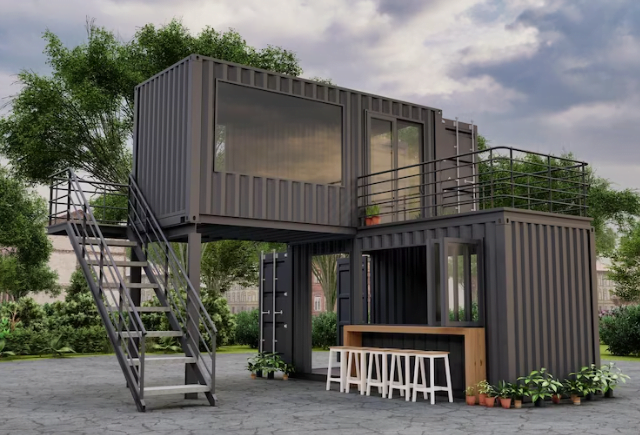Modular construction is revolutionizing the way we approach building projects. With its efficiency, sustainability, and versatility, it’s no wonder that modular construction is gaining popularity across various industries.
If you’re new to this innovative method, here are three basic tips to help you understand modular construction:
1. What is Modular Construction?
It involves building individual sections or modules of a structure in a controlled factory environment. These modules are then transported to the construction site and assembled to create the final building. It’s like building with pre-made building blocks, but on a larger scale.
This process offers a range of benefits, including reduced construction time, improved quality control, and minimized waste.
2. Efficiency and Speed
One of the most significant advantages of modular construction is its speed. Since modules are simultaneously constructed in a factory while site preparation occurs, the overall construction timeline is significantly shortened. This not only reduces labor costs but also allows you to start using your building sooner.
Additionally, the controlled environment of the factory minimizes weather-related delays and ensures consistent quality.
3. Customization and Flexibility
Contrary to the misconception that modular construction limits design options, this method offers a surprising level of customization and flexibility.
Modular buildings can be tailored to meet specific design requirements and aesthetic preferences. From commercial spaces to residential homes, modular construction can accommodate various architectural styles and functional needs.
4. Sustainability and Cost Efficiency
It promotes sustainability through reduced waste generation and energy-efficient manufacturing processes. The controlled environment of the factory allows for precise material usage, minimizing construction waste. Additionally, the efficient assembly process consumes fewer resources and energy compared to traditional on-site construction.
5. Quality Control
Building in a factory setting allows for strict oversight and adherence to construction standards. Each module undergoes rigorous inspections throughout the manufacturing process, ensuring that it meets all safety and quality requirements.
Understanding basics can open the door to a world of efficient, sustainable, and customizable building solutions. Whether you’re considering a residential project or a commercial endeavor, modular construction offers a faster, greener, and more cost-effective way to bring your vision to life.
As you explore this innovative approach, you’ll discover its numerous benefits that contribute to both the construction industry and the environment.

